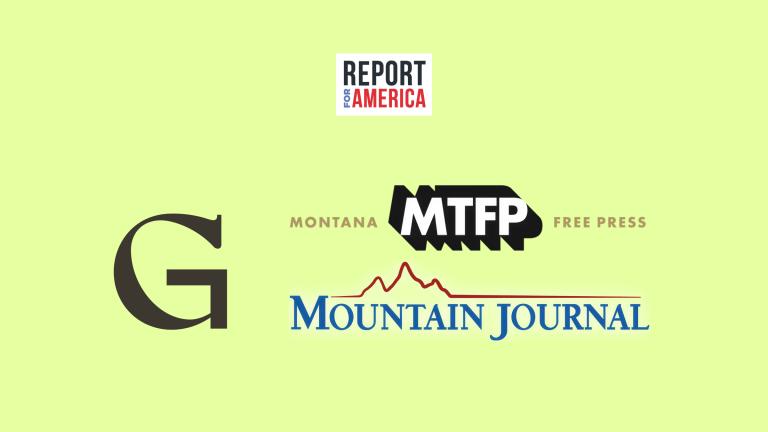In partnership with Blue Ridge Public Radio, Grist is pleased to announce it has hired Katie Myers to cover climate change, energy, and more in western North Carolina and the Blue Ridge mountain region.
Myers is based in Tennessee and was a climate solutions reporting fellow at Grist from 2023 to 2024, where she focused largely on people, culture, and economies in transitioning fossil fuel communities. She has written extensively on the Appalachian region, with bylines in Belt Magazine, Scalawag, Strikewave, Inside Appalachia, and 100 Days in Appalachia. She also previously worked for West Virginia Public Broadcasting; WMMT 88.7 FM, an eastern Kentucky community radio station; and Ohio Valley ReSource. She has received fellowships from the Heinrich Boell Foundation, the Society for Environmental Journalists, the Solutions Journalism Network, and America Amplified.
“BPR is proud to partner with Grist to bring more climate coverage to the region. We are especially excited to have Katie join the team, because her prior work provides a strong foundation for the important stories about the effects of climate change in western North Carolina,” said BPR News Director Laura Lee.
“I’m so excited to bring my climate reporting closer to home, provide vital climate information to mountain communities, and share stories of our region’s unique biodiversity and climate vulnerability with national audiences,” said Myers.
The hire marks the continued expansion of Grist’s Local News Initiative, which aims to bolster coverage of climate change in communities across the United States through partnerships with local newsrooms. Grist already has reporters embedded with WABE in Georgia, IPR in Michigan, and WBEZ in Chicago. Myers will be the fourth such reporter.
“Katie brings an unmatched thoughtfulness and nuance to her reporting,” said Katherine Bagley, Grist’s executive editor. “We’re thrilled to hire her for this role, and to support expanded climate reporting in a region being deeply impacted by worsening extreme weather, the energy transition, ecological shifts, and economic and social inequities.”




